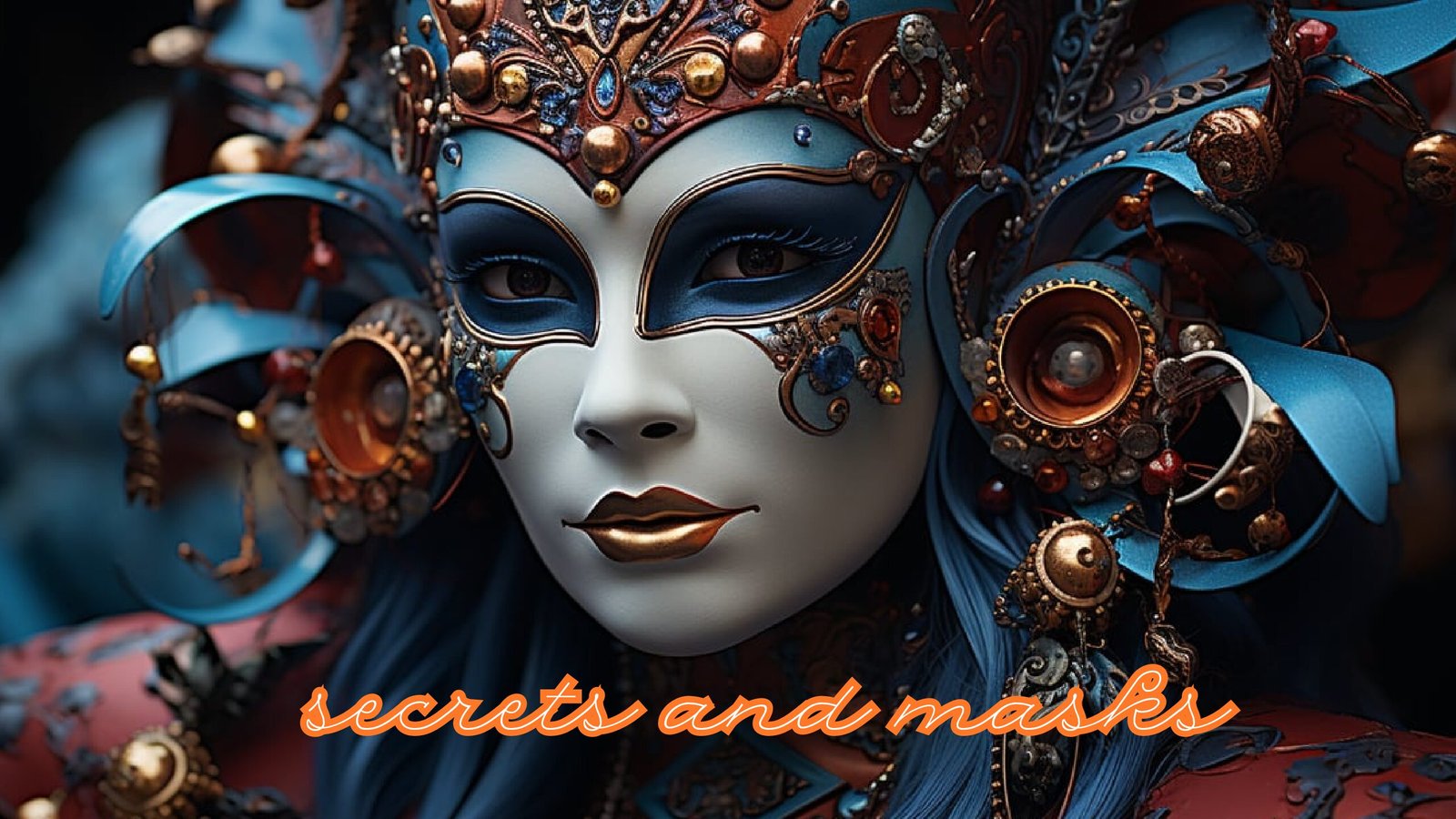In every corner of the world, from bustling urban centers to quiet rural villages, people carry secrets. These hidden truths, often guarded with great care, shape our interactions and influence our decisions. Alongside these secrets, we wear masks, figurative and sometimes literal, to protect ourselves and navigate social landscapes. This article delves into the intricate relationship between secrets and masks, exploring how they define our personal and collective lives.
The Nature of Secrets
Secrets come in many forms. Some are personal, like hidden fears or past mistakes. Others are societal, involving political machinations or corporate strategies. The nature of a secret is often defined by its potential impact if revealed. Personal secrets might disrupt relationships, while societal secrets can alter the course of history. The power of a secret lies in its ability to control information and, consequently, influence behavior.
Why We Keep Secrets
The reasons for keeping secrets are as varied as the secrets themselves. Fear of judgment, desire for control, and protection of oneself or others are common motivations. In some cases, secrets are kept to avoid causing pain or to maintain a sense of normalcy. In others, they are a means of preserving power or privilege. Understanding these motivations can provide insight into human behavior and the complexities of social interactions.
The Masks We Wear
Masks, in a metaphorical sense, are the personas we present to the world. They are the versions of ourselves that we allow others to see, often crafted to align with societal expectations or personal aspirations. These masks can be a form of self-protection, hiding vulnerabilities and insecurities. They can also be tools for manipulation, allowing individuals to navigate social or professional environments more effectively.
The Intersection of Secrets and Masks
The relationship between secrets and masks is symbiotic. Masks help us conceal our secrets, while secrets give us reasons to wear masks. This dynamic creates a layered social fabric where authenticity is often obscured. In some cases, the mask becomes so ingrained that the individual forgets their true self, leading to internal conflicts and identity crises.
The Impact on Relationships
In personal relationships, secrets and masks can be both protective and destructive. They can help maintain harmony by shielding loved ones from harsh truths. However, they can also create distance and mistrust. The discovery of a long-held secret or the revelation of a hidden aspect of one’s personality can fundamentally alter relationships, sometimes irreparably.
Societal Implications
On a larger scale, secrets and masks play significant roles in shaping societies. Governments, corporations, and other institutions often rely on secrecy to operate effectively. However, this can lead to a lack of transparency and accountability, fostering corruption and eroding public trust. The masks worn by public figures and institutions can create a veneer of stability and competence, which, when shattered, can lead to societal upheaval.
The Path to Authenticity
Striving for authenticity in a world filled with secrets and masks is a challenging endeavor. It requires self-awareness, courage, and a willingness to be vulnerable. For individuals, this means confronting and embracing their true selves, including their flaws and fears. For societies, it means promoting transparency and accountability while recognizing the complex reasons behind secrecy.
Conclusion
Secrets and masks are integral aspects of human existence. They reflect our deepest fears, desires, and the intricate dance of social interaction. By understanding the interplay between these elements, we can navigate our personal and collective lives with greater empathy and insight. Ultimately, the journey towards authenticity, though fraught with challenges, offers the promise of deeper connections and a more honest society.

